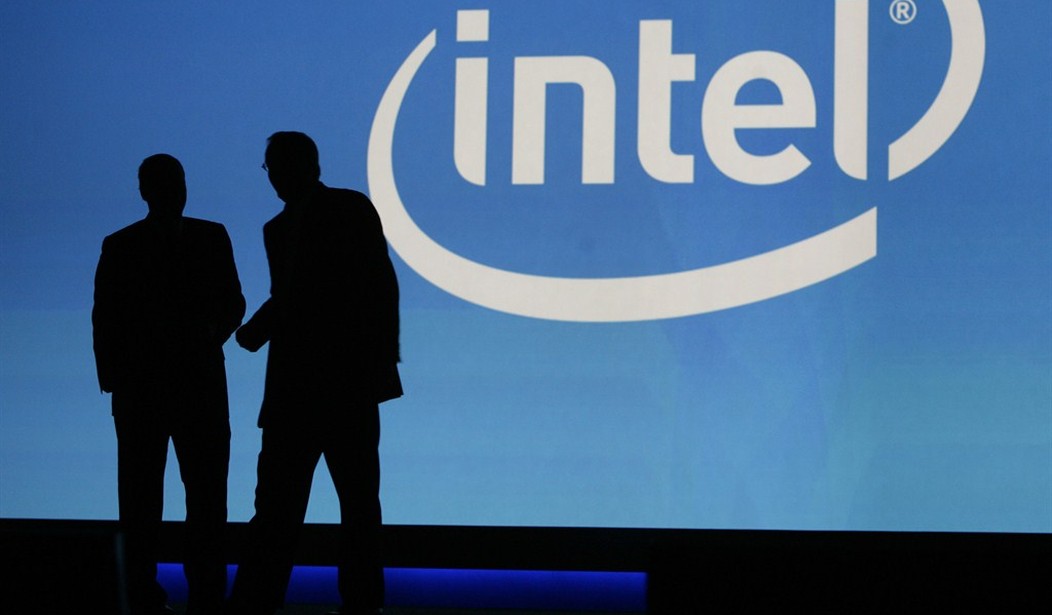Secretary of State Antony Blinken said in an interview with National Public Radio (NPR) host Steve Inskeep while the secretary was visiting Beijing that the United States' restrictions on microchip exports to China were not meant to hold back China's economy or technological development.
U.S. export controls on sending advanced computing chips to China are not meant to hold back China's economy or technological development, Secretary of State Antony Blinken said during an interview with National Public Radio on Friday.
Since 2022, U.S. officials have imposed sweeping controls on which computing chips can be exported to China, cutting off some sales from Nvidia (NVDA.O) Advanced Micro Devices (AMD.O), and Intel (INTC.O), among others. Those controls followed earlier bans on shipping chips to Huawei Technologies (HWT.UL).
But U.S. officials have granted at least two U.S. companies - Intel and Qualcomm (QCOM.O) - licenses to keep shipping chips to Huawei, which is using an Intel chip to power a new laptop model. Two Republican lawmakers earlier this week criticized the exemption for Intel, but in the interview with NPR, Blinken highlighted the device as a sign the U.S. was not trying to hobble China.
"I saw that Huawei just put out a new laptop that it boasted was AI capable, that uses an Intel chip," Blinken told NPR host Steve Inskeep while visiting Beijing. "I think it demonstrates that what we're focused on is only the most sensitive technology that could pose a threat to our security. We're not focused on cutting off trade, or for that matter containing or holding back China."
The current chip export regulations were put in place during the Trump administration. The Biden administration has not altered the export limits.
See Related: Apple Removes 2 Major Apps in China Because Beijing Said So, While Congress Debates TikTok
Clock Ticking: TikTok Ban More Likely Than Divestment
Secretary Blinken notes a distinction: The administration is focused on "only the most sensitive technology that could pose a threat to our security."
The administration may then be advised to look at the workarounds China is employing to obtain chips from prohibited companies- like Nvidia.
Chinese universities and research institutes recently obtained high-end Nvidia (NVDA.O), opens new tab artificial intelligence chips through resellers, despite the U.S. widening a ban last year on the sale of such technology to China.
That's the problem with these kinds of export restrictions; there's always a workaround, and as long as third parties are willing and able to help, China will no doubt obtain any chips they want, which they may well (given their history) try to reverse-engineer. But if national security is in fact the primary consideration - and it should be - then one has to wonder why the U.S. is allowing any chips to be exported to China at all, although it doesn't appear that the export bans have been very effective. As we've seen, there are always workarounds. China will continue to procure these chips, one way or another.
To stay on top of tech news as well as foreign trade and all things in general, consider upgrading to a VIP account. VIP status will open a plethora of stories and podcasts here at RedState. And remember that a Gold-level account gets you access to all of our sister sites in Townhall Media: PJ Media, Twitchy, Hot Air, Bearing Arms, and Townhall.com. Use promo code SAVEAMERICA for a 50% discount.














Join the conversation as a VIP Member